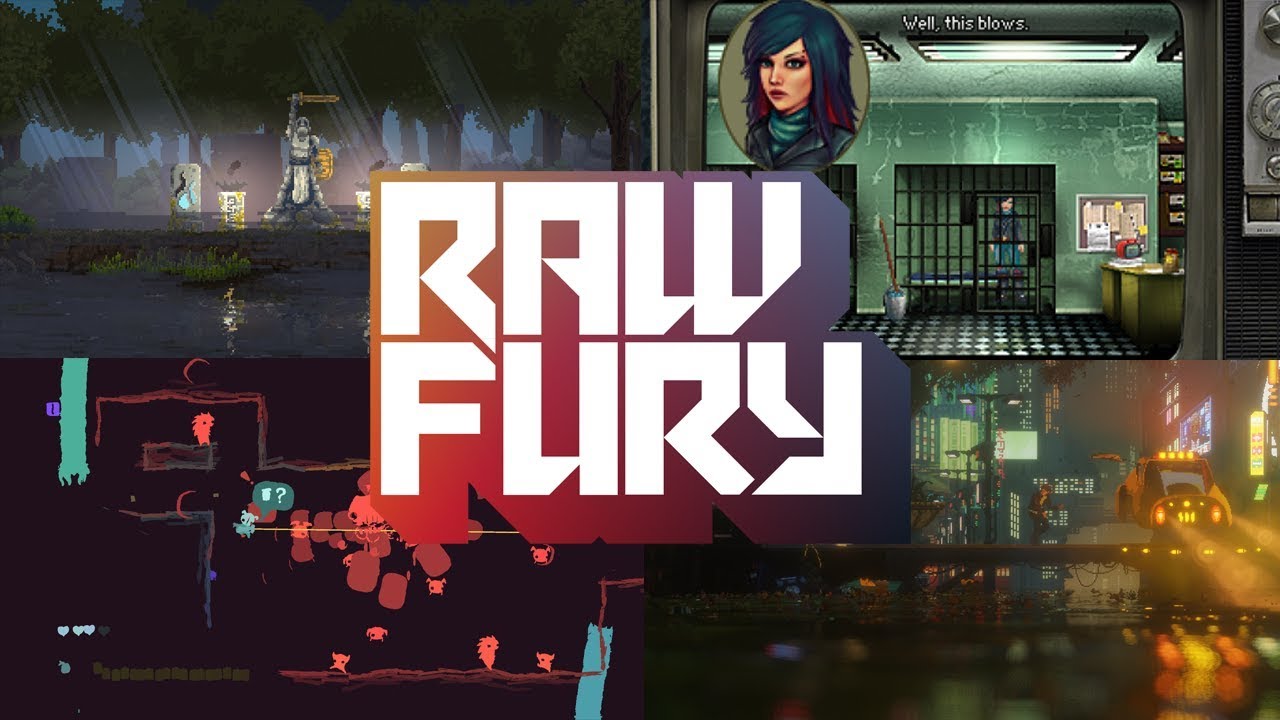Look out indie developers, because this is Garnett Lee’s damn show now. Lee, an games-industry veteran, is joining indie-publishing house Raw Fury. In this role, which he is calling brand alchemist and marketing vanguard, he’s helping smaller studios find their audience.
Lee most recently worked at Amazon, which continues to skirt around the edge of the games business. That experience put him in touch with the biggest-budget gaming projects in the world. But now he’s excited to work with indies. Raw Fury, he says, reminds of him of his time as editor at the now-defunct (but still much beloved) 1UP.com gaming website.

Unlock premium content and VIP community perks with GB M A X!
Join now to enjoy our free and premium membership perks.
![]()

![]()